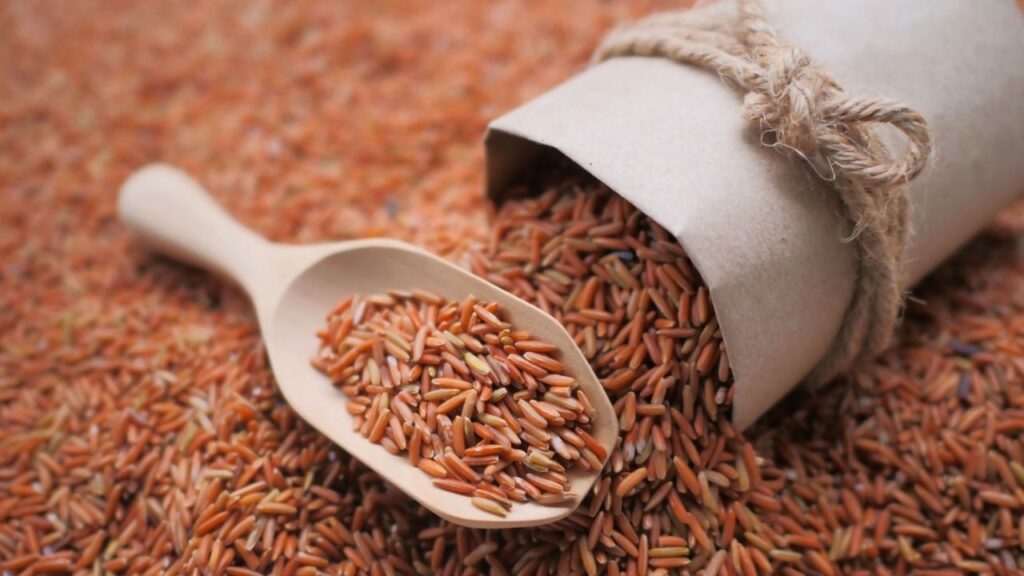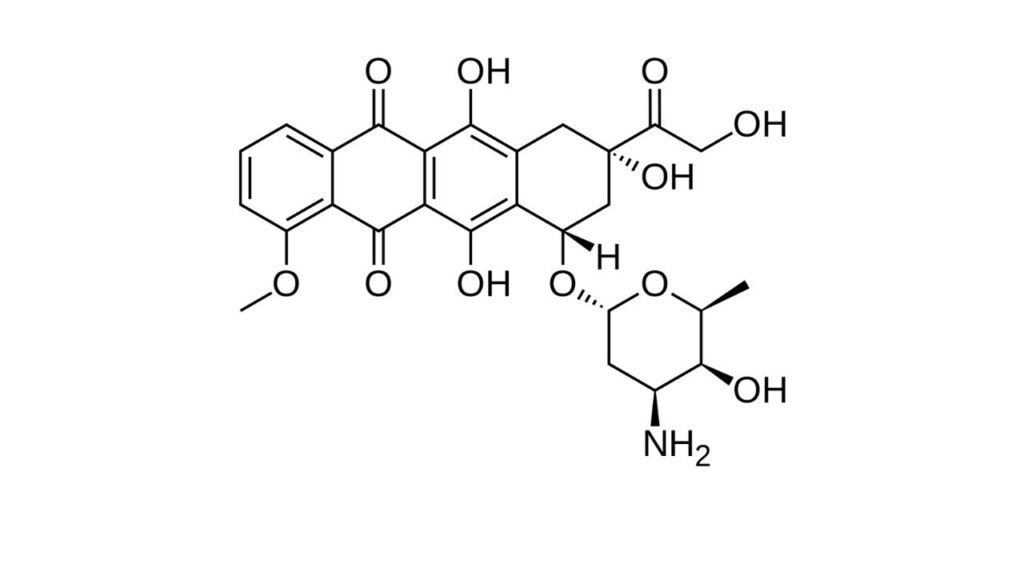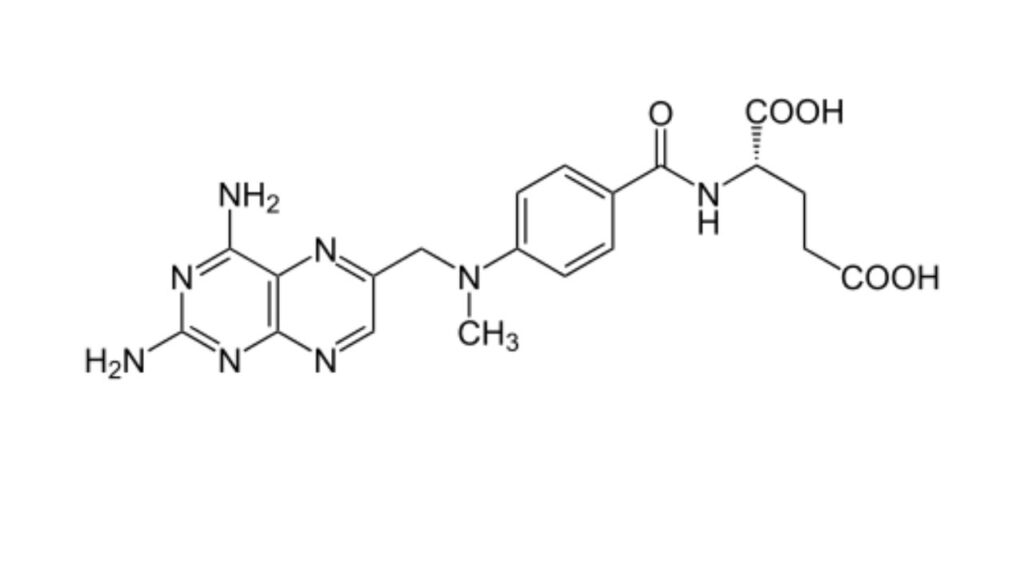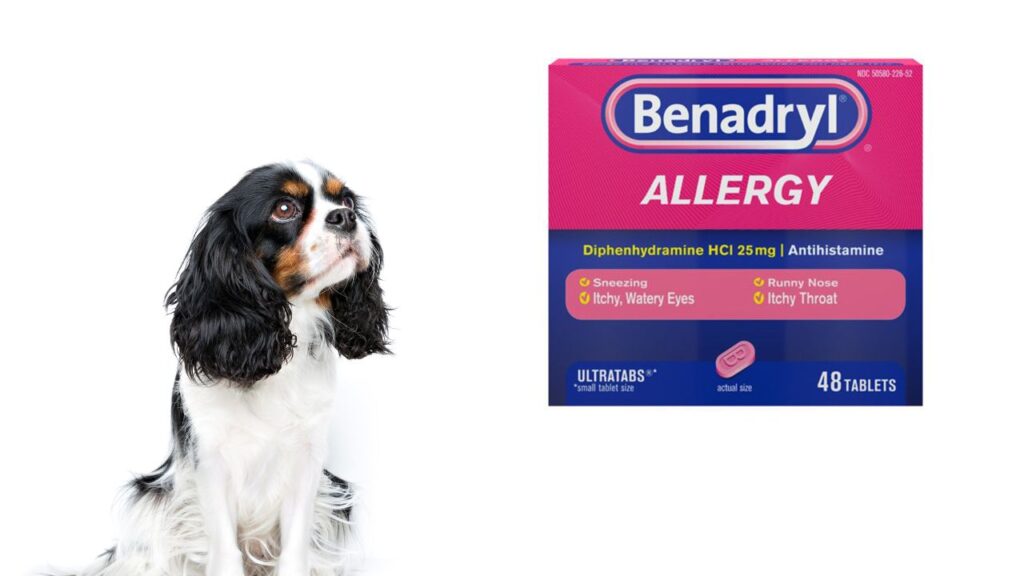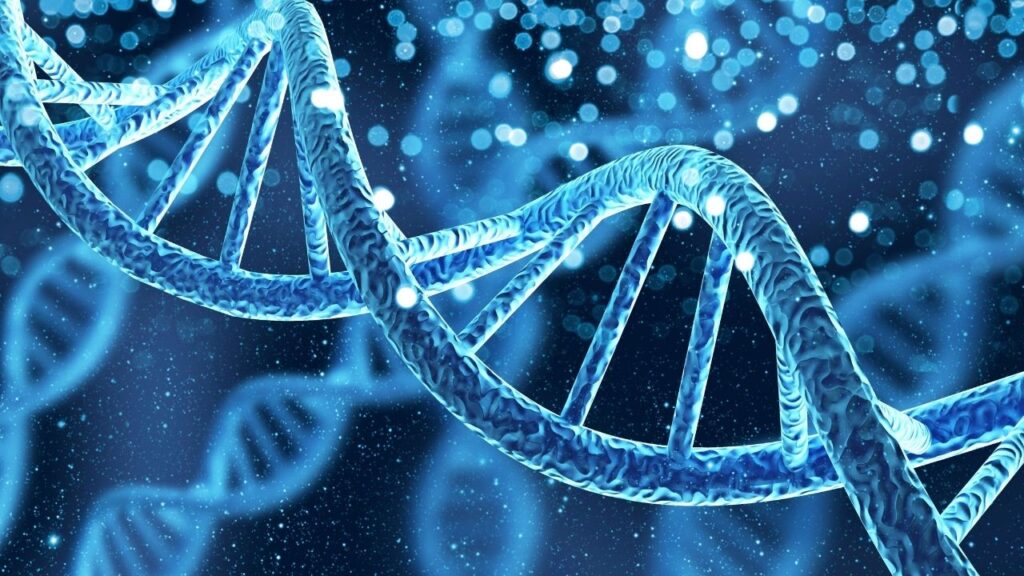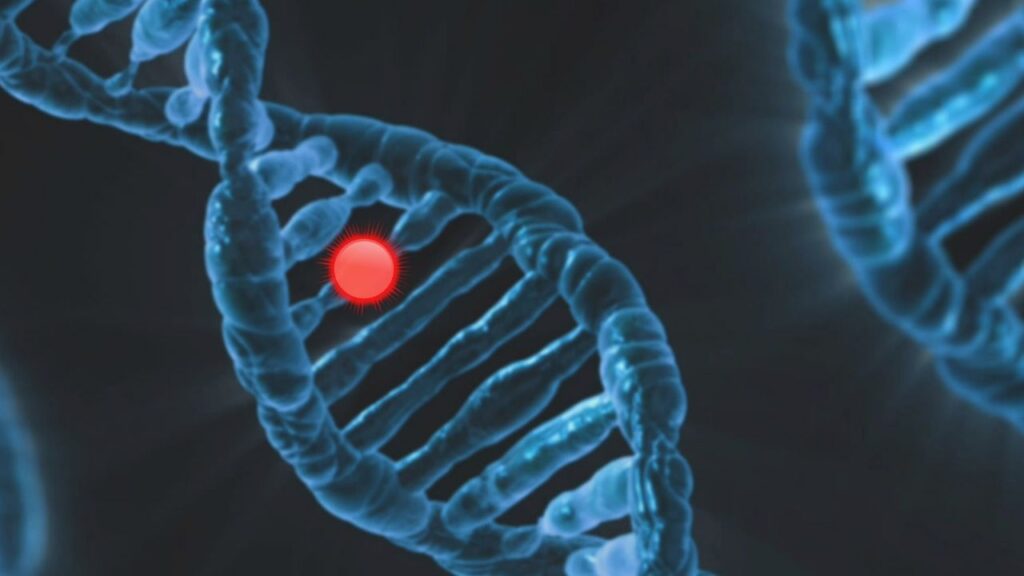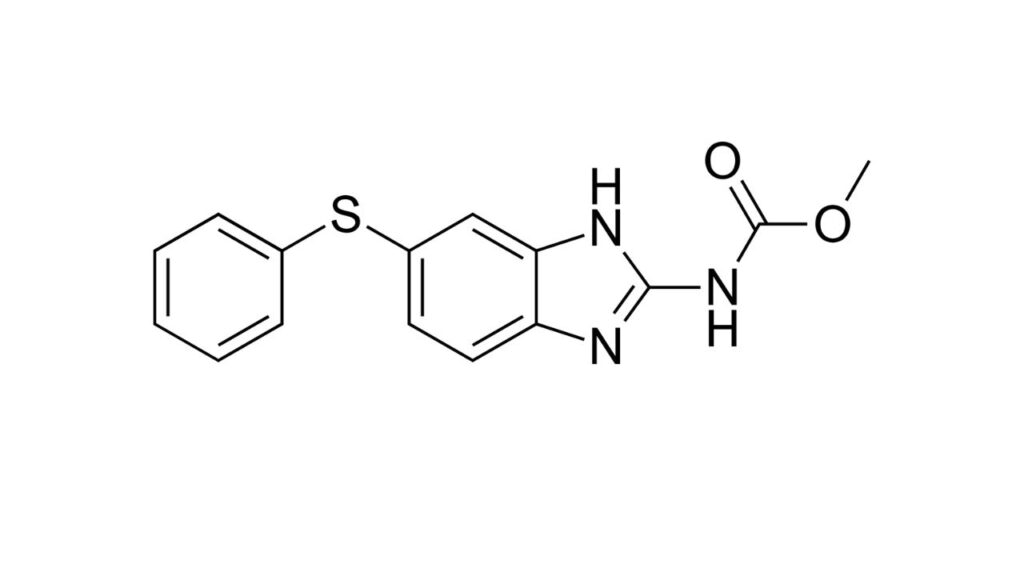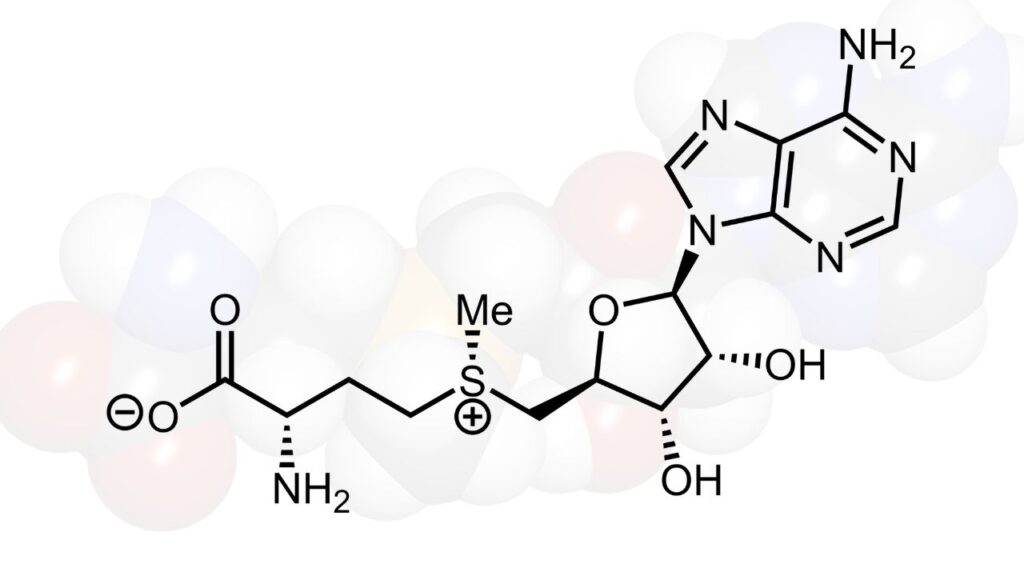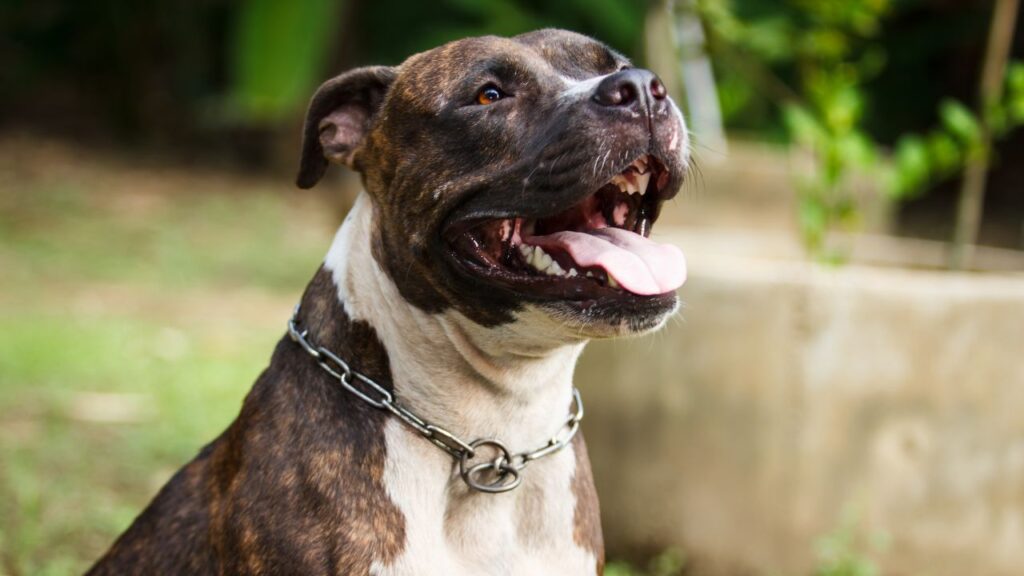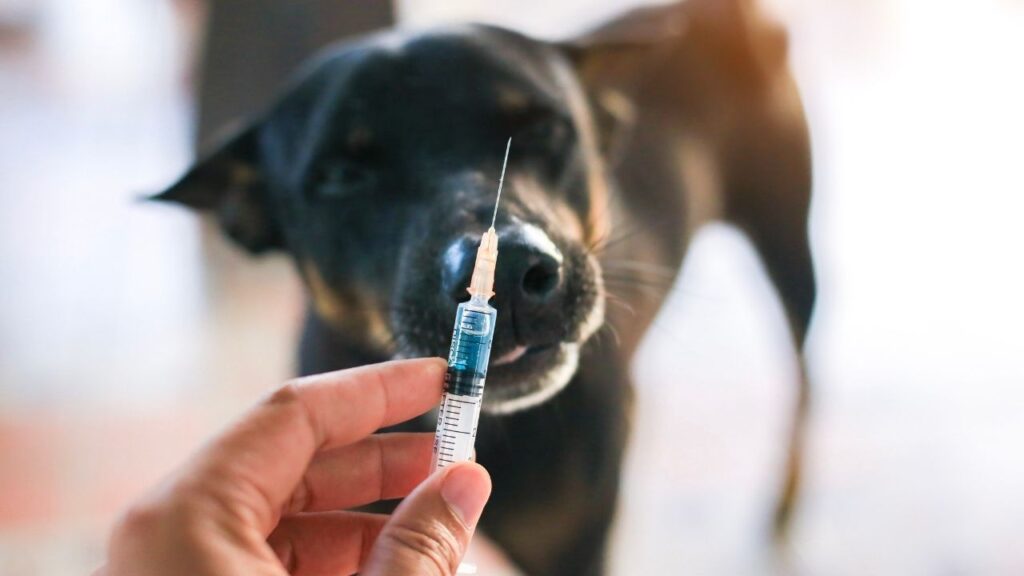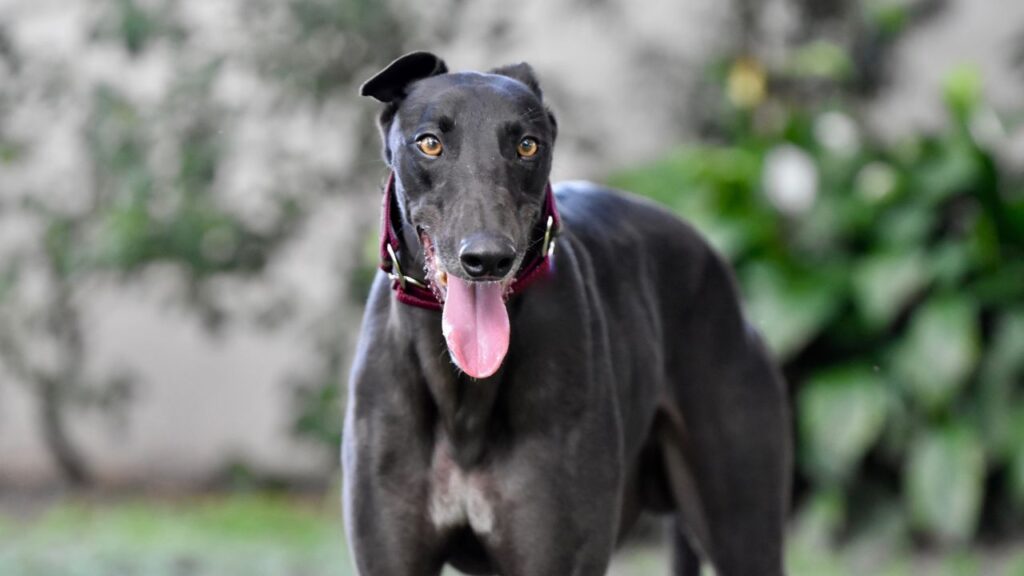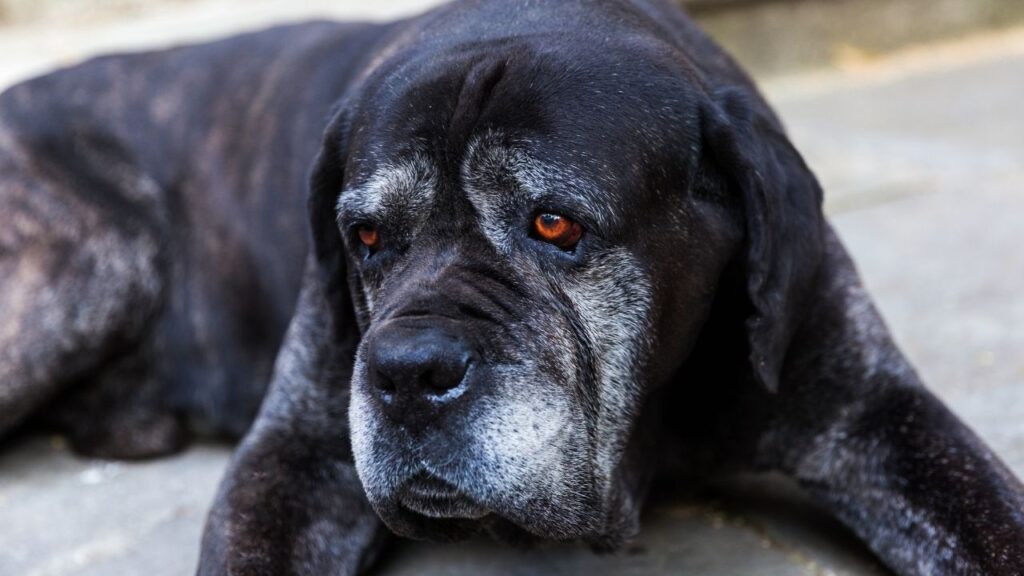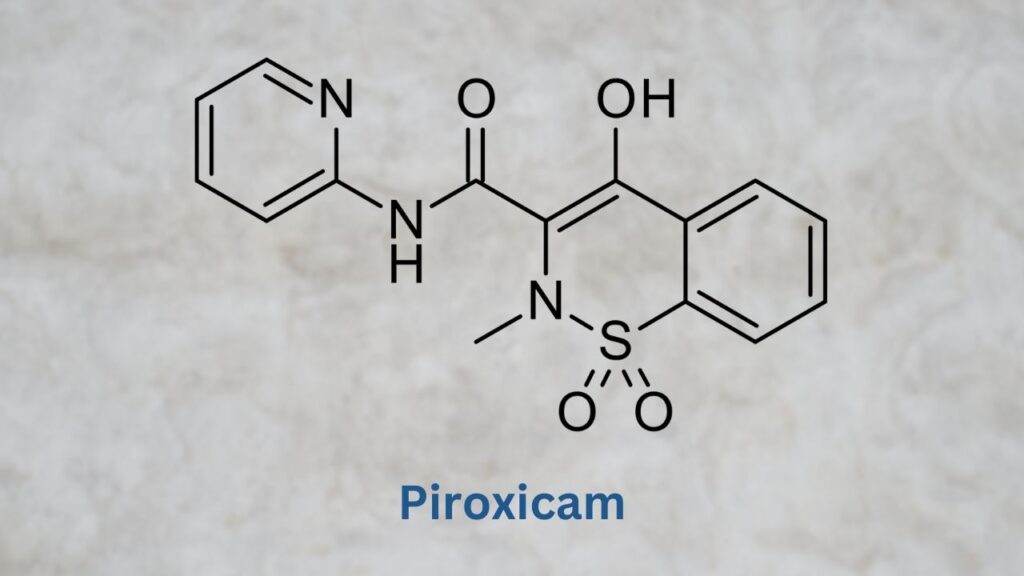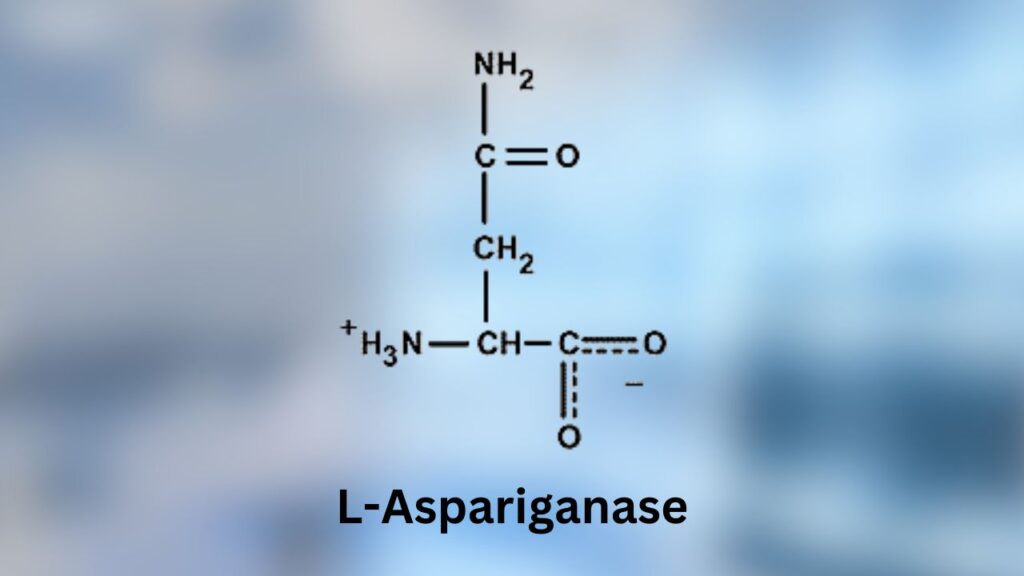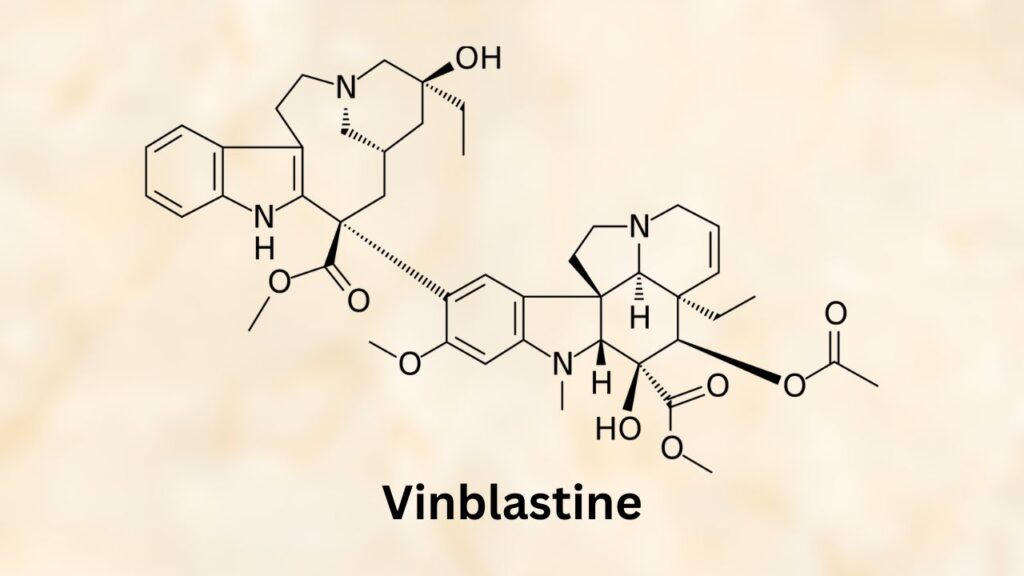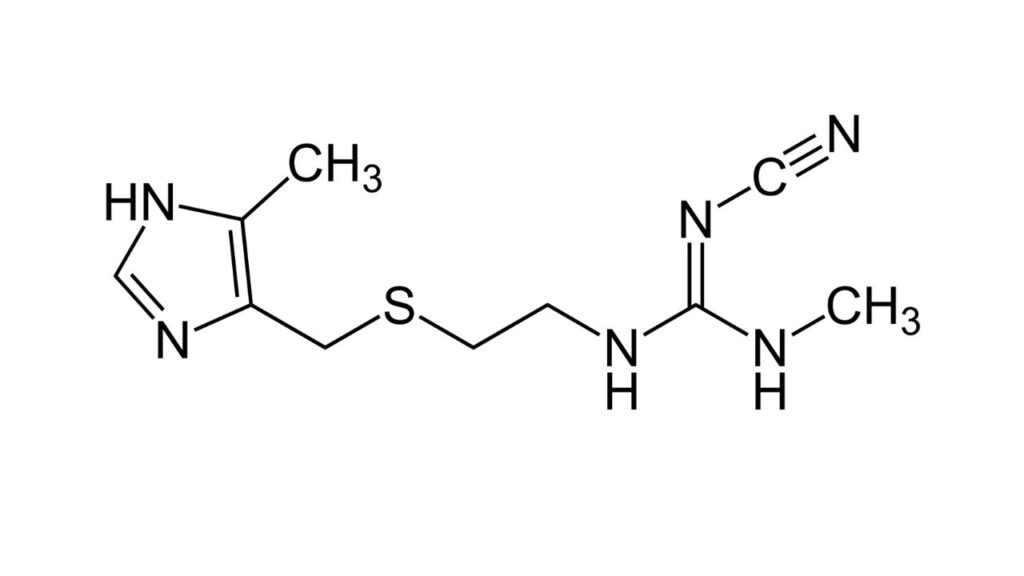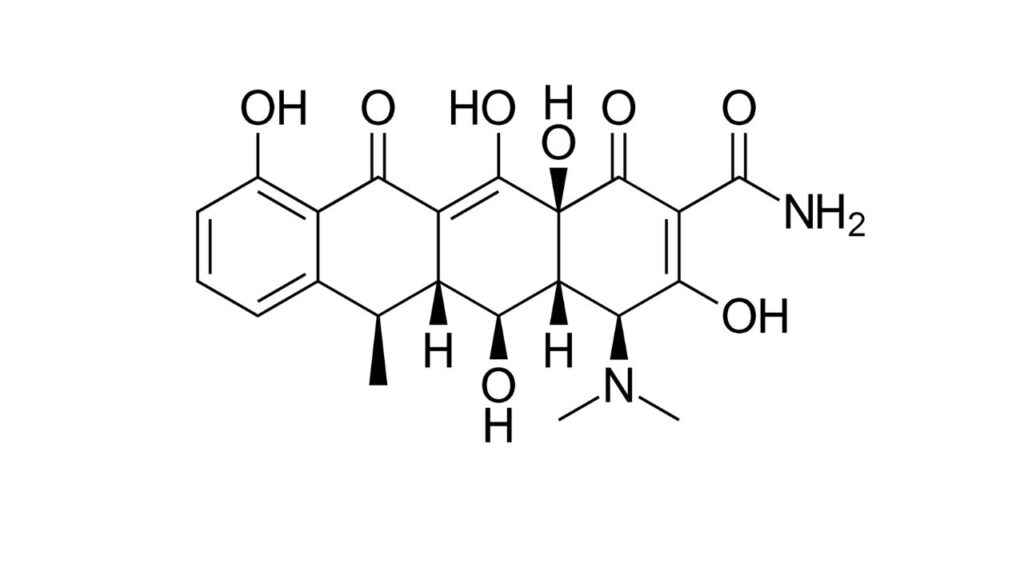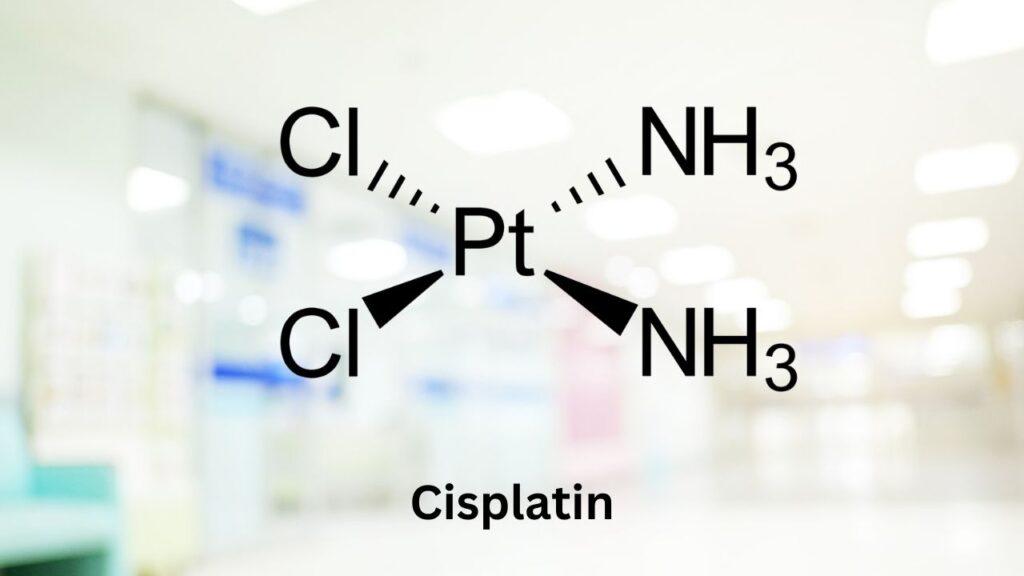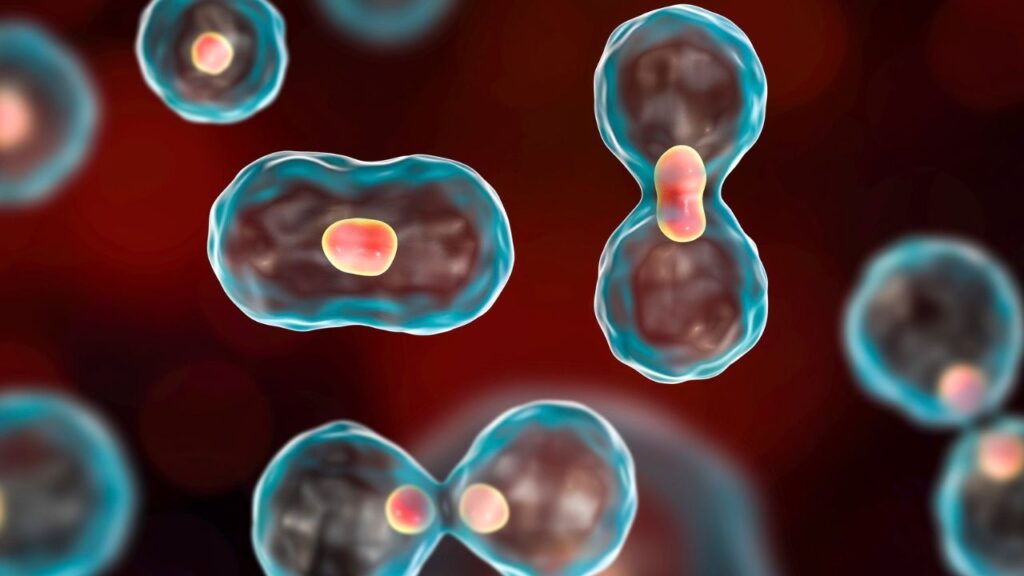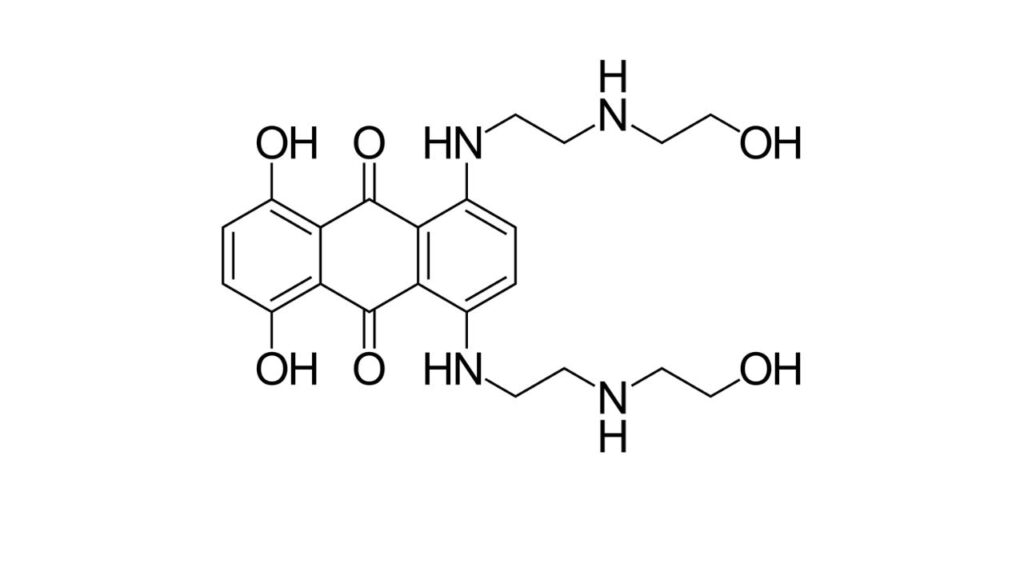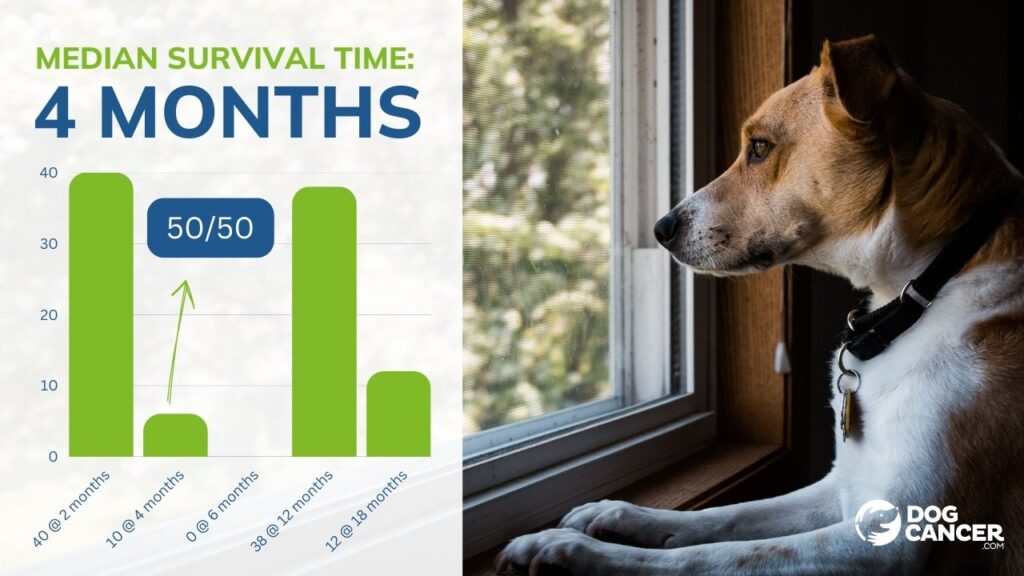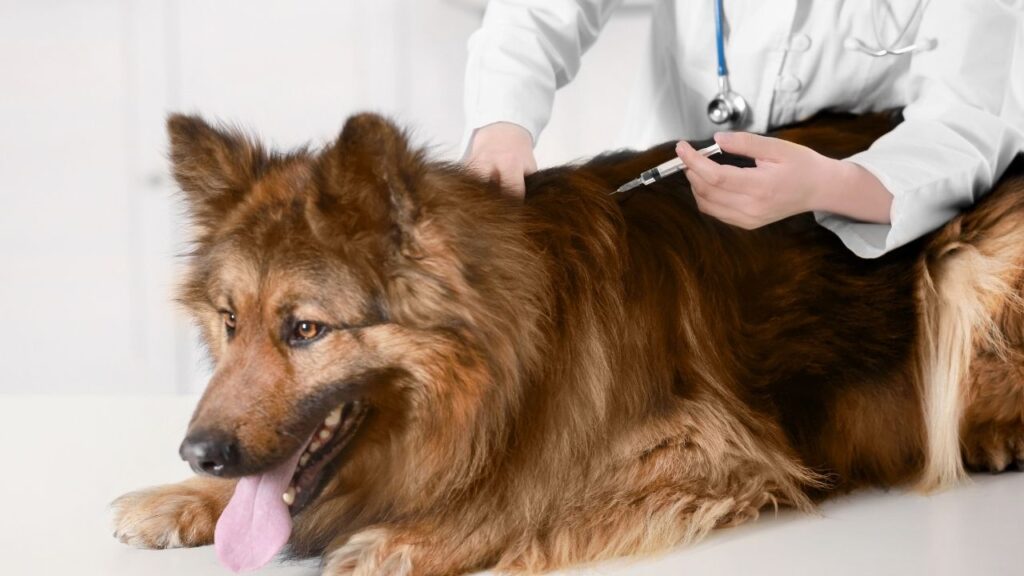Dog Cancer Knowledge Base
These knowledge base articles are the core of DogCancer.com. Every article is carefully vetted. Each one is researched, written, and medically reviewed by at least four independent experts (veterinarians, cancer researchers, and science journalists. The result is organized, easy-to-understand explanations of everything relating to dog cancer. Whether you need to find out more about a prescription drug, a supplement, a food, or a medical procedure, these knowledgebase articles will give you medically sound, nuanced, and complete information. We update articles regularly, so you can always rely on the information you find.
Latest Articles
Margins and Why They Are Important in Dog Cancer
Margins are the areas around a surgically removed tumor. Pathologists examine margins through a microscope to determine if the cancer has been fully removed. read full article
Omega 3 and 6 for Dogs
Fatty acids are essential in a dog’s diet, particularly omega-6 and omega-3 fatty acids. That means they must come from food because dogs cannot make them in their bodies. Omega-6 and omega-3 fatty acids affect... read full article
Brown Rice for Dogs
Brown rice is a readily available, highly nutritious food that may help reduce the incidence of certain cancers. read full article
Should Dogs Sleep in the Dark?
Letting dogs sleep in the dark provides essential benefits for their health and may even help protect them from getting cancer. read full article
Doxorubicin for Dogs
Doxorubicin is a potent anti-cancer drug used to treat many types of cancer. It is strong and effective but must be treated with respect. Most dogs tolerate this chemotherapy well, but there are side effects... read full article
Methotrexate for Dogs
Methotrexate is often used in humans with leukemias and immune-mediated diseases. It appears to be useful for similar conditions in dogs. read full article
Benadryl for Dogs
Benadryl is an inexpensive, over-the-counter antihistamine medication that may be useful to enhance the effectiveness of current cancer therapies and to manage side effects in some dogs. read full article
Staging and Grading Cancer in Dogs
Staging and grading cancer in dogs takes some time but is very helpful. It tells us how far cancer has spread and how aggressively it is likely to behave. This helps determine a dog’s prognosis... read full article
Symptoms Of Cancer in Dogs
When we discuss symptoms of illness in dogs, we use the term signs, which is more accurate. Many of the signs of cancer in dogs are shared with other illnesses. Seeking care promptly is key. read full article
Diarrhea in Dogs
Diarrhea in dogs is one of the most common reasons owners call their veterinarians. Its cause isn’t always immediately obvious, which can be frustrating. If your dog is otherwise healthy, an episode of diarrhea is... read full article
Dog Breeds Prone To Cancer
While there are some breeds that have a higher risk of certain cancers, there is no predicting whether your specific puppy, whether purebred or mixed breed, will get cancer. If there is a breed you... read full article
Genetics in Canine Cancer
Hearing that your dog has cancer can be devastating. As an owner, you may be reflecting on the signs you missed, or speculating about things you could have done differently to prevent the disease. But... read full article
Genetic Mutations and Dog Cancer: An Overview
Changes in the DNA of some of your dog’s cells can greatly impact their cancer risk and its characteristics. read full article
Brussels Sprouts
Small but mighty, Brussels sprouts contain vitamins and nutrients that can help prevent canine cancer and stop it in its tracks. read full article
Fenbendazole for Dogs
Fenbendazole is a deworming drug used in many animals that is now under investigation as an anti-cancer drug. read full article
Liver Cancer in Dogs
Liver cancer may sound like a terrifying diagnosis, but the liver has great regeneration capacity. Even if a large portion of the liver is damaged, injured, or surgically removed, the remaining healthy liver can rebuild... read full article
SAM-e for Dogs
SAM-e is a safe and well tolerated nutraceutical supplement with minimal side effects. It is a useful antioxidant for many inflammatory disease processes including cancer. Veterinarians may recommend SAM-e for dogs when using other drugs... read full article
Milk Thistle for Dogs (Silymarin)
Milk thistle is a supplement with powerful antioxidant properties that is used to treat and protect against liver damage. Milk thistle supplements may be especially beneficial for your dog when used with certain types of... read full article
Adiponectin: Why Too Much Body Fat Can Be a Cancer Risk
Adiponectin is secreted by fat cells and has many potential anti-cancer benefits. Despite a greater number of fat cells in overweight dogs, they produce lower amounts of adiponectin than their leaner counterparts. Dogs with too... read full article
Dog Cancer Prevention
Cancer cells grow due to a number of cellular changes including gene mutations and epigenetic (gene expression) factors. We cannot guarantee dog cancer prevention strategies will work, but we can influence our dog’s environment to... read full article
Lawn Chemicals, Herbicides, and Pesticides
Traditional lawn chemicals, herbicides and pesticides are common in our outdoor spaces, and in the care of our dogs. Weed killer, topical flea medications, and insect sprays are everywhere on store shelves. Unfortunately, many of... read full article
Stress in Dogs
Stress can weaken the immune system and shut down important bodily functions. This creates an environment for cancer to develop and thrive. The mind-body relationship is a complex system. Reducing stress in your dog’s life... read full article
Epulis in Dogs (Odontogenic Tumors)
An epulis tumor in your dog’s mouth may look scary, but many of them are completely treatable. Also called odontogenic tumors, these oral tumors in dogs arise from the teeth and associated structures. With early... read full article
Histiocytoma in Dogs
Though they may look dangerous, histiocytomas in dogs are benign. These skin tumors are common in young dogs. They typically resolve on their own in a couple of months with limited to no treatment. read full article
Lipomas in Dogs
Chances are, if you have an older dog, you are familiar with “fatty tumors.” These benign (non-cancerous) growths appear on dogs of all shapes and sizes, especially as they age. The really great news is,... read full article
Dog Melanoma Vaccine
Anti-cancer vaccines are tomorrow’s technology for today’s dog, offering a new approach to cancer therapy that activates and guides a pet’s own immune system to aggressively attack tumor cells. Since 2007, thousands of dogs have... read full article
Melanoma in Dogs
Melanoma in dogs can be an aggressive cancer, but good outcomes are possible if it is caught early. There are several treatments available with many studies currently underway to find even more. read full article
Nose Cancer in Dogs
Many nasal tumors are cancerous and aggressive. That said, early detection of nose cancer in dogs leads to a favorable response to treatment and a better prognosis. read full article
Mouth Cancer in Dogs
There are many types of cancer that occurs in the oral cavity. However, early detection of mouth cancer in dogs leads to a favorable response to treatment and a better prognosis. read full article
Nerve Sheath Tumor in Dogs
Peripheral nerve sheath tumors grow from the cells that surround the peripheral nerves in your dog’s body. Peripheral nerve sheath tumors (PNSTs) can be managed with surgery, stereotactic radiotherapy, and pain medication, but commonly reoccur.... read full article
Mistletoe for Dogs with Cancer
Mistletoe is a natural therapy that may support and improve your dog’s quality of life while fighting canine cancer. read full article
Piroxicam For Dogs
An NSAID in use since 1972, veterinarians also use piroxicam for dogs with bladder cancer for its anti-cancer effects. read full article
Elspar for Dogs
L-Asparaginase (brand name Elspar) is an enzyme and an anti-cancer medication. Veterinarians use Elspar for dogs with certain immune system cancers, particularly lymphoma. This medication is fast-acting and has a high success rate, but it... read full article
Vinblastine for Dogs
Veterinary medicine borrows many medications from human medicine and utilizes research in humans to create studies to validate the drug's use in canine patients. Vinblastine for dogs is one of those drugs that we are... read full article
Cimetidine For Dogs
Cimetidine (brand name Tagamet) is a drug most often used to control acid production in the stomach. There is research showing cimetidine's potential to boost the effectiveness of other cancer therapies. read full article
Blood Work for Dogs
Whether your dog is ill, injured, or having a routine yearly wellness exam, your veterinarian will often want to start with blood work. A potential or confirmed cancer diagnosis is no exception. Blood work is... read full article
Metronomic Chemotherapy for Dogs
Metronomic chemotherapy is when anticancer drugs are given at a low dose on a regular schedule, often over a longer time period. There are several advantages over conventional chemotherapy. Metronomic chemo has increased tolerability – thus... read full article
Is Dog Chemotherapy Worth It?
Chemotherapy is fundamental in the treatment of many types of cancer in dogs. The goal of chemotherapy is a little different in dogs than in people. Oncologists aim for a gain in life expectancy over... read full article
Doxycycline For Dogs
Doxycycline is a commonly used antibiotic that shows promise for repurposing as a cancer treatment, particularly in the destruction of cancer stem cells. read full article
Cisplatin For Dogs
Cisplatin is an injectable anticancer drug that is used to treat a variety of cancers. Like so many of our anticancer drugs it has been ‘borrowed’ from human medicine and then applied to veterinary patients.... read full article
Mitotic Index
The mitotic index provides valuable information about your dog’s cancer, and it should be included on any pathology report. It gives you an idea of how fast a tumor is growing, which can help determine... read full article
Mitoxantrone For Dogs
Mitoxantrone is a chemotherapeutic and often used as part of a chemotherapy “cocktail.” Veterinary oncologists often use mitoxantrone for dogs with lymphoma and bladder cancer. read full article
Antioxidants for Dogs
Antioxidants are natural compounds found in many common fruits and vegetables. They can reduce free radicals and minimize the oxidative stress that contributes to canine cancer. Adding antioxidants to a dog’s diet is an easy... read full article
Leukemia In Dogs
Leukemia is an aggressive blood cancer, but thankfully it is uncommon in dogs. The treatment options and likely outcomes vary widely based on the type of leukemia your dog has. read full article
Are There Reasons Not to Neuter Your Dog?
Spaying and neutering are the most commonly performed surgeries on dogs in the United States. Yet, there may be reasons not to neuter your dog, or to wait to do it. It is estimated that... read full article
Anal Sac Cancer in Dogs
Anal sac cancer in dogs can metastasize and be deadly, but a cure is possible for anal gland tumors with early, prompt, aggressive treatment. read full article
Squamous Cell Carcinomas in Dogs
Many squamous cell carcinomas in dogs can be completely surgically removed if caught early – and that could be curative. read full article
Median Survival Time Meaning
When discussing cancer treatment, median survival time (MST) is a way of communicating how well a treatment may work to extend life. One way to think of it is as your dog’s “50/50” date -... read full article
Artemisinin
Artemisinin has a long history of use in the treatment of malaria, but also shows promise as an anti-cancer agent either on its own or alongside other treatment modalities. Newly developed derivatives may offer increased... read full article
Fine Needle Aspiration for Dogs
A fine needle aspirate is one of the most valuable diagnostic tests used when screening for dog cancer. read full article


